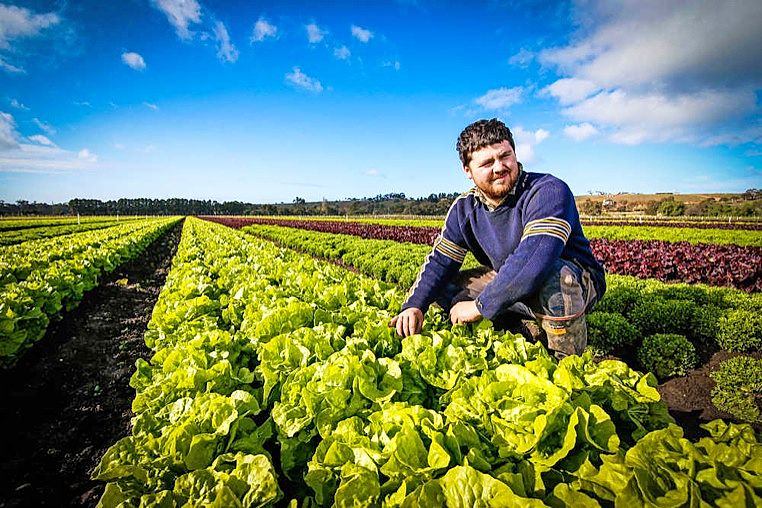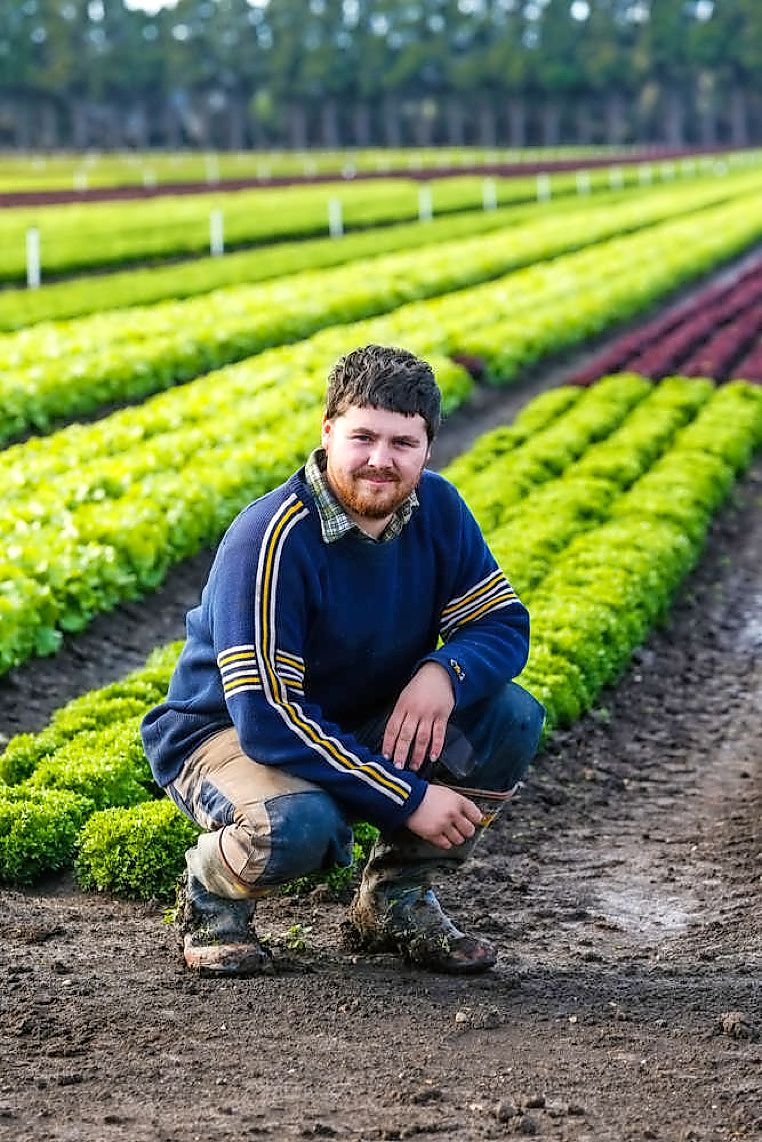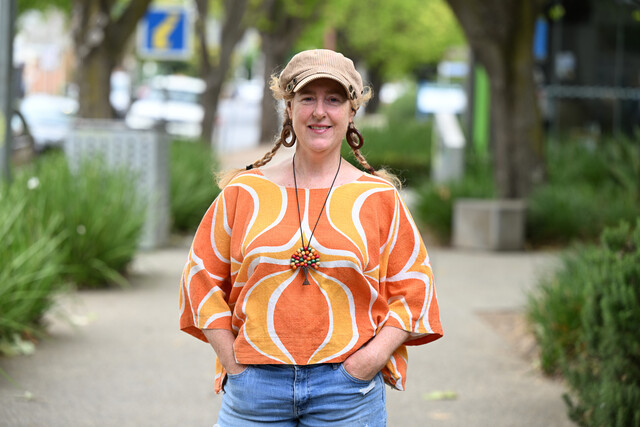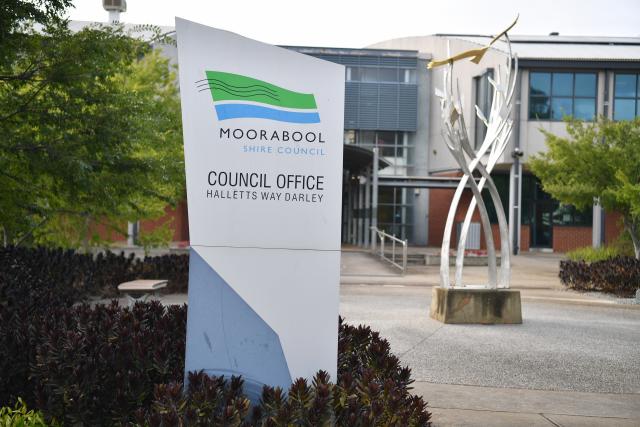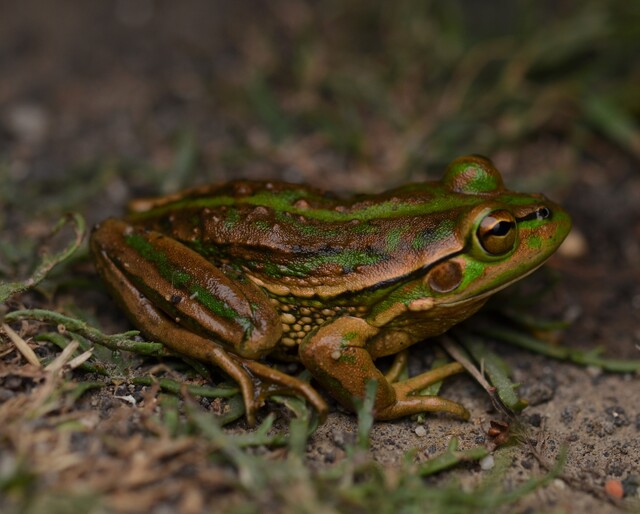One of Melbourne’s food bowls could be under threat from urban sprawl and climate change, according to a new report.
Moorabool has the capacity to meet 60 per cent of Melbourne’s food needs, but report author Rachel Carey says she’s concerned agricultural land in outer suburbs will be lost to population growth.
Dr Carey said Bacchus Marsh supplied most of Melbourne’s apples, berries, stone fruits, broccoli and lettuce.
“There’s an incremental sprawl into areas like Moorabool and Bacchus Marsh and we’ve got a growing population,” Dr Carey said. “Then we’re looking at an additional food demand of 60 per cent more food … but urban sprawl is reducing the area of land.”
Dr Carey is a research fellow on the Foodprint Melbourne project, which is funded by the Lord Mayor’s Charitable Foundation.
She said commercial or housing development on high-quality farmland should be stopped with the area instead preserved for growing food. And while Moorabool council had protected the area from urban expansion by maintaining its agricultural zoning in its planning scheme, Dr Carey said there were bigger problems that needed to be addressed.
“Protection of farms and secure sources of water on the city’s fringes is going to be very important,” she said. “We’re moving into a context where we’re more likely to have more impacts from climate change and population growth affecting water availability.
“It’s really important we retain areas so that we’re able to create a drought-proof foodbowl.”
According to the report, Melbourne’s foodprint – what does it take to feed a city?, almost 500 litres of water per capita is used every day to produce Melbourne’s food; almost one million tonnes of food is wasted every year by the city; about four million tonnes of greenhouse gas emissions are emitted every year in producing Melbourne’s food; and 2.5 million tonnes of food is lost from wastage. “More water is likely to be needed to grow each person’s food as a result of land degradation and the impacts of climate change,” the report states. “Due to land degradation, more land is likely to be required to produce the same amount of food. The findings of this research indicate that consumption of animal protein … accounts for a significant proportion of the environmental footprint of feeding Melbourne.”

